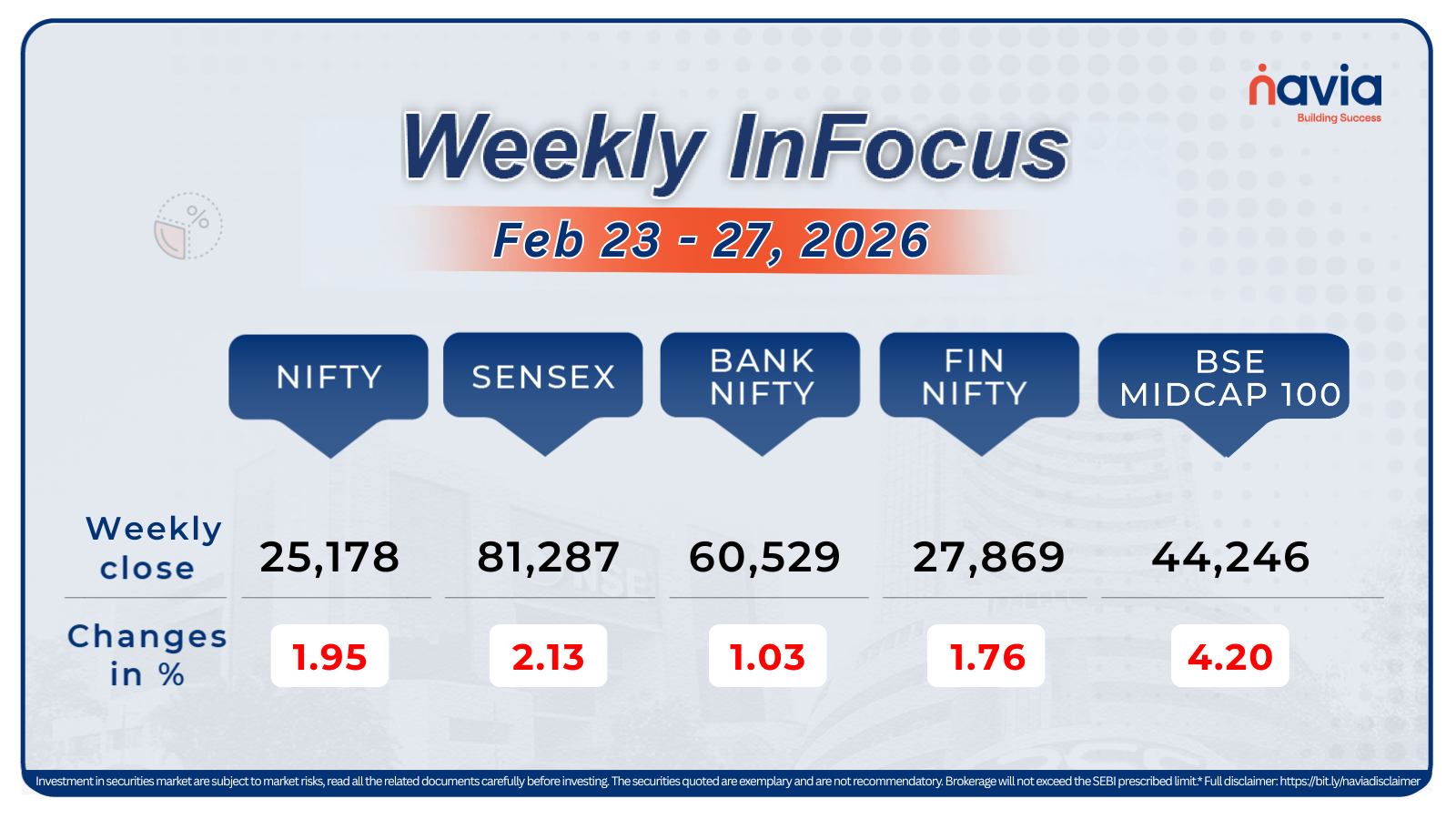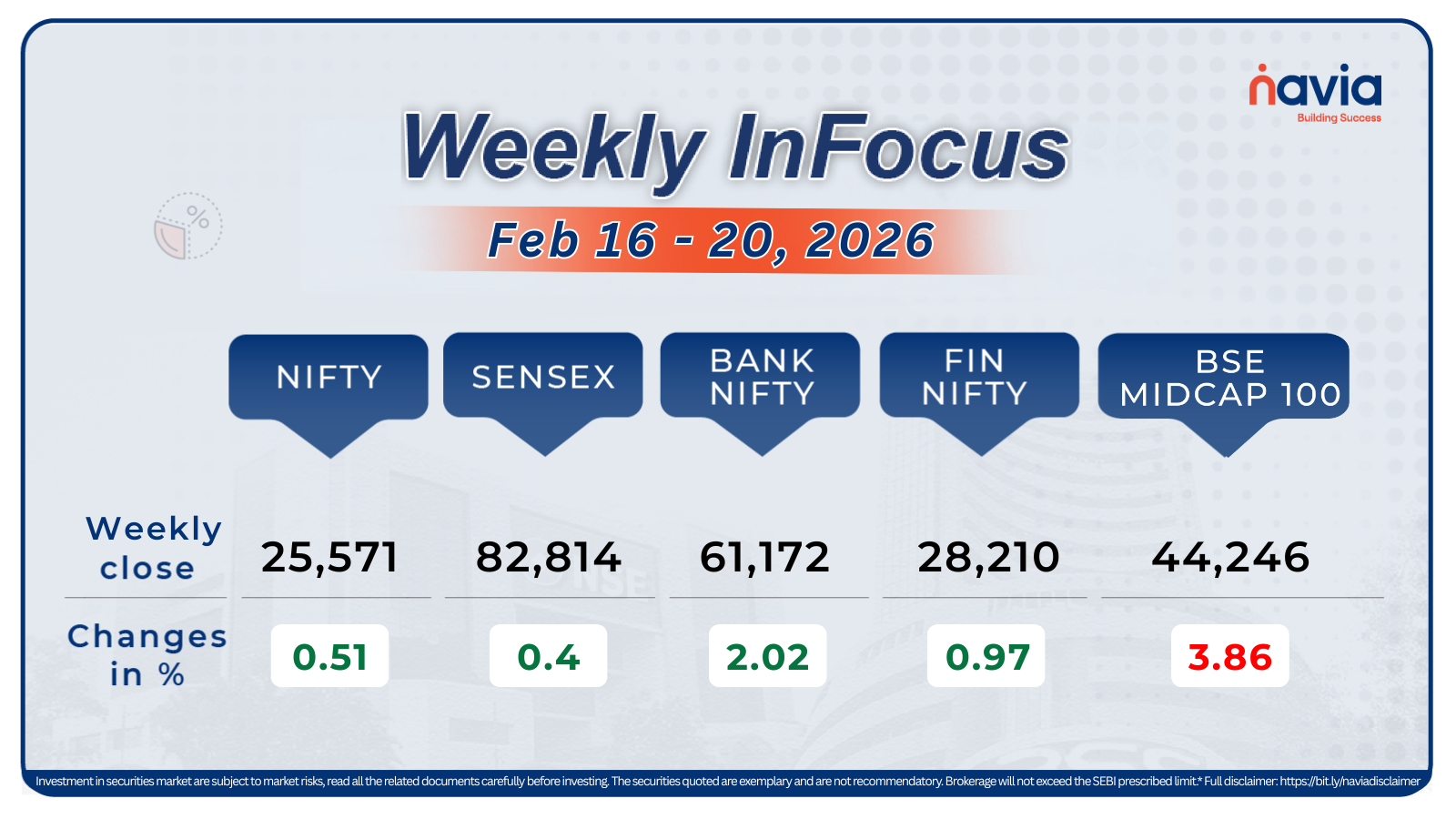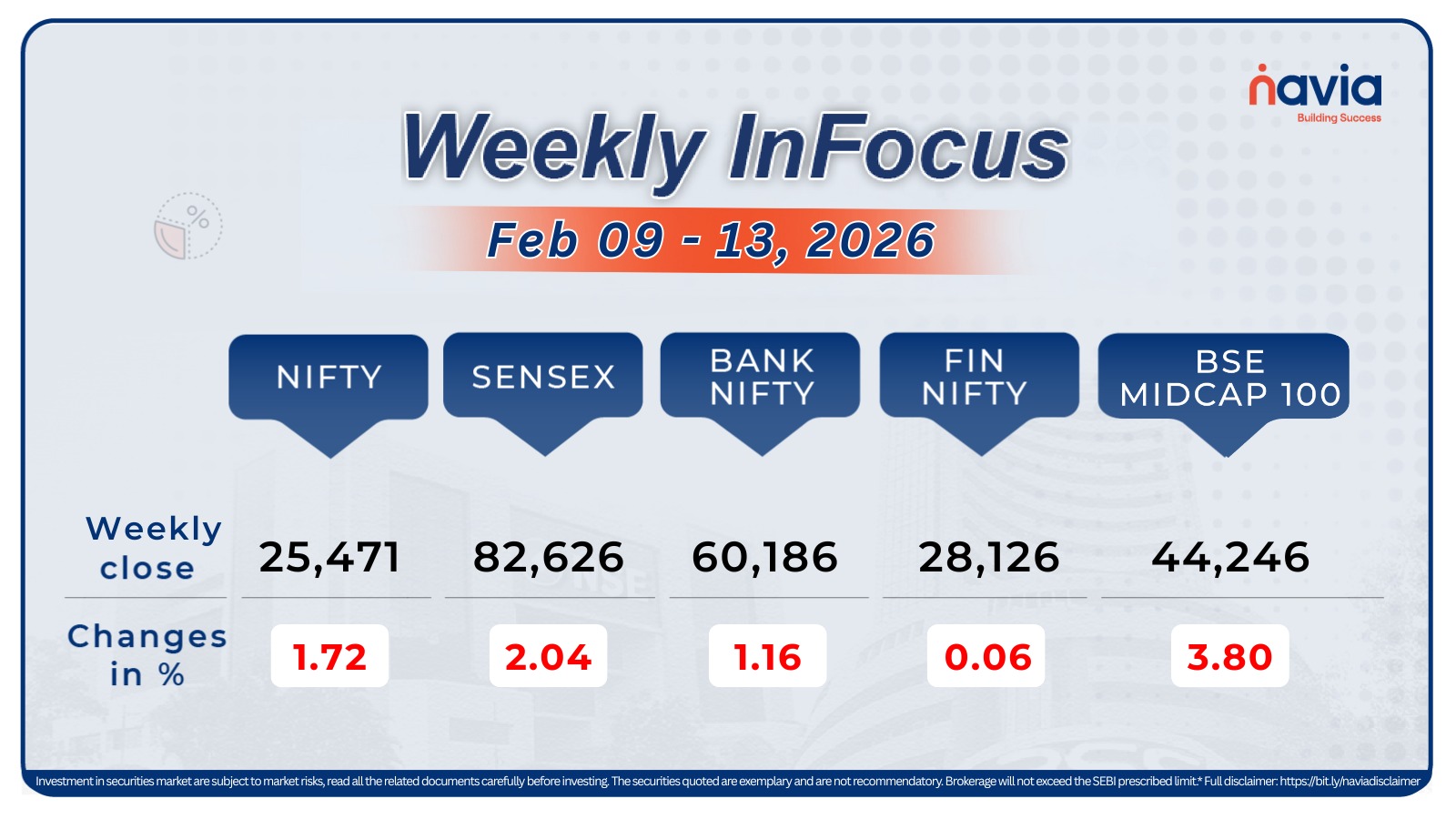SEBI’s Consultation Paper on Retail Participation in Algorithmic Trading: Key Takeaways and Implications

Algorithmic trading (or algo trading) uses automated software to execute buy or sell orders in financial markets at lightning speed based on predefined conditions like price, volume, and timing. While this trading approach has been largely used by institutions and proprietary traders, retail traders have also started adopting algo trading due to increased market access and technological advancements.
Given the rising popularity of algo trading among retail investors, SEBI (Securities and Exchange Board of India) released a consultation paper proposing a framework to regulate retail participation in algo trading. This paper outlines steps to enhance transparency, reduce risks, and prevent market disruptions caused by unregulated or poorly coded algos.
Key Proposed Changes by SEBI
1. Registration and Approval of Algo Strategies
🠖 All algo trading strategies offered to retail investors must be registered with exchanges and approved before deployment.
🠖 Brokers must provide exchanges with detailed descriptions of the strategy, including logic, risk parameters, and expected performance.
Implication:
Retail investors will only have access to pre-approved and tested strategies, reducing exposure to faulty or risky algos.
2. Algorithm Ownership and Responsibility
🠖 Brokers will be responsible for every algo strategy offered through their platform, even if developed by third-party vendors or fintech partners.
🠖 Retail investors will not be allowed to directly deploy unapproved algorithms.
🠖 Any broker offering algo trading services must disclose this to SEBI and comply with new guidelines.
Implication:
Brokers will face greater accountability for all algo trading services offered to retail clients, ensuring only compliant algos are deployed.
3. Algo Testing and Certification
🠖 Mandatory testing of all algos on simulated environments before deployment.
🠖 Certification from exchanges ensuring proper backtesting, stress testing, and risk parameter validation.
Implication:
Only thoroughly tested and verified algos will be allowed, reducing the chances of system failures or market manipulation.
4. Monitoring and Reporting Requirements
🠖 Detailed trade reports must be submitted to exchanges regularly.
🠖 Brokers must maintain logs of every algo trade, including execution details, risk exposure, and client-specific trade performance.
🠖 Any market disruption caused by algos will need to be reported immediately.
Implication:
This ensures transparency and enables SEBI and exchanges to monitor market activities effectively.
5. Client Awareness and Education
🠖 Brokers will be required to educate clients about the risks involved in algo trading.
🠖 Mandatory risk disclosures and training programs for retail clients opting for algo trading services.
Implication:
Retail traders will be better equipped to understand risks, helping them make informed investment decisions.
6. Third-Party Vendor Regulations
🠖 Brokers must take full responsibility for algorithms developed by third-party vendors or fintech companies.
🠖 Brokers must verify third-party services through legal contracts and extensive technical assessments.
Implication:
Reduces dependency on unverified third-party services and ensures a regulated environment.
7. Compliance Framework for Brokers
🠖 Brokers must establish a robust compliance framework, including real-time risk monitoring, audit trails, and system health checks.
🠖 Any failure to comply may lead to penalties, disconnection from the exchange, or license suspension.
Implication:
Brokers will be held accountable for maintaining a safe trading environment for retail clients.
Why Is SEBI Proposing These Changes?
SEBI aims to protect retail investors from:
🔸 Technology Risks: Poorly developed algos can malfunction, causing significant trading losses.
🔸 Market Manipulation: Algos can be misused to manipulate prices or create artificial liquidity.
🔸 Information Asymmetry: Retail investors often lack access to technical and market knowledge compared to institutions.
What This Means for Retail Investors
| Proposed Regulation | What It Means for You |
| Registration of Algo Strategies | You will trade only with approved, verified algos. |
| Broker Responsibility | Your broker will be directly accountable for algos you use. |
| Certification and Testing of Algos | The algos you use will be thoroughly tested, enhancing reliability. |
| Education and Risk Disclosure | Brokers must educate you on algo trading risks. |
| Third-Party Vendor Controls | Only licensed fintech services can be used through brokers. |
Navia’s Perspective
At Navia, we welcome SEBI’s consultation paper on retail participation in algo trading. We believe these changes will foster a safer, more transparent, and well-regulated trading ecosystem.
While the proposed rules may introduce certain limitations initially, they ultimately ensure that retail traders are protected from unnecessary risks and market abuse. As SEBI finalizes its framework, we at Navia remain committed to supporting our clients through these changes, ensuring compliance, transparency, and seamless trading experiences.
Call to Action
SEBI has invited public comments on this proposal until December 26, 2024. Stakeholders are encouraged to share feedback through SEBI’s online platform.
We’d Love to Hear from you-
DISCLAIMER: Investments in the securities market are subject to market risks, read all the related documents carefully before investing. The securities quoted are exemplary and are not recommendatory. Brokerage will not exceed the SEBI prescribed limit.





